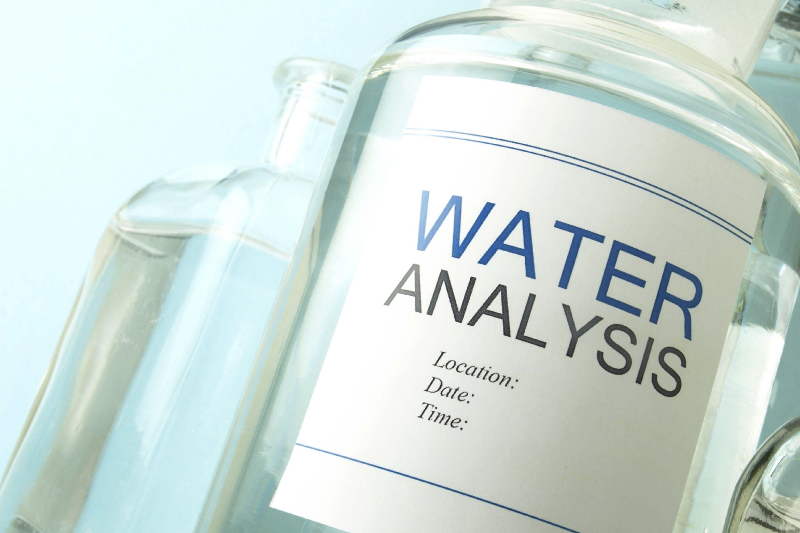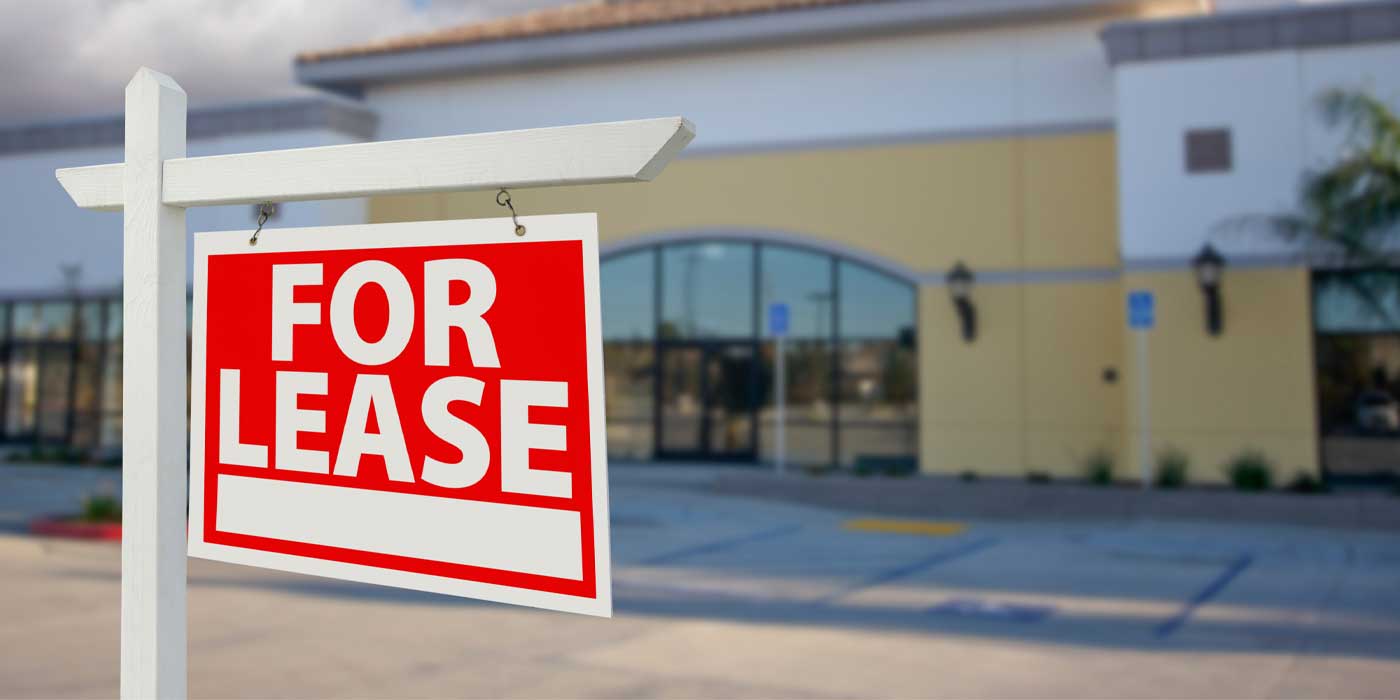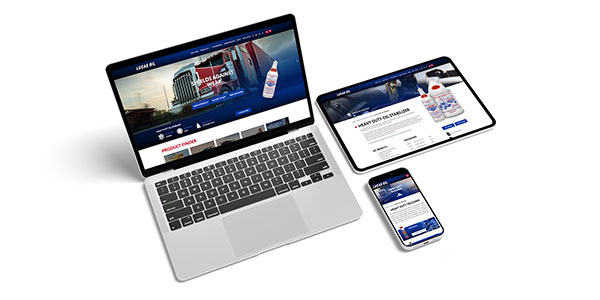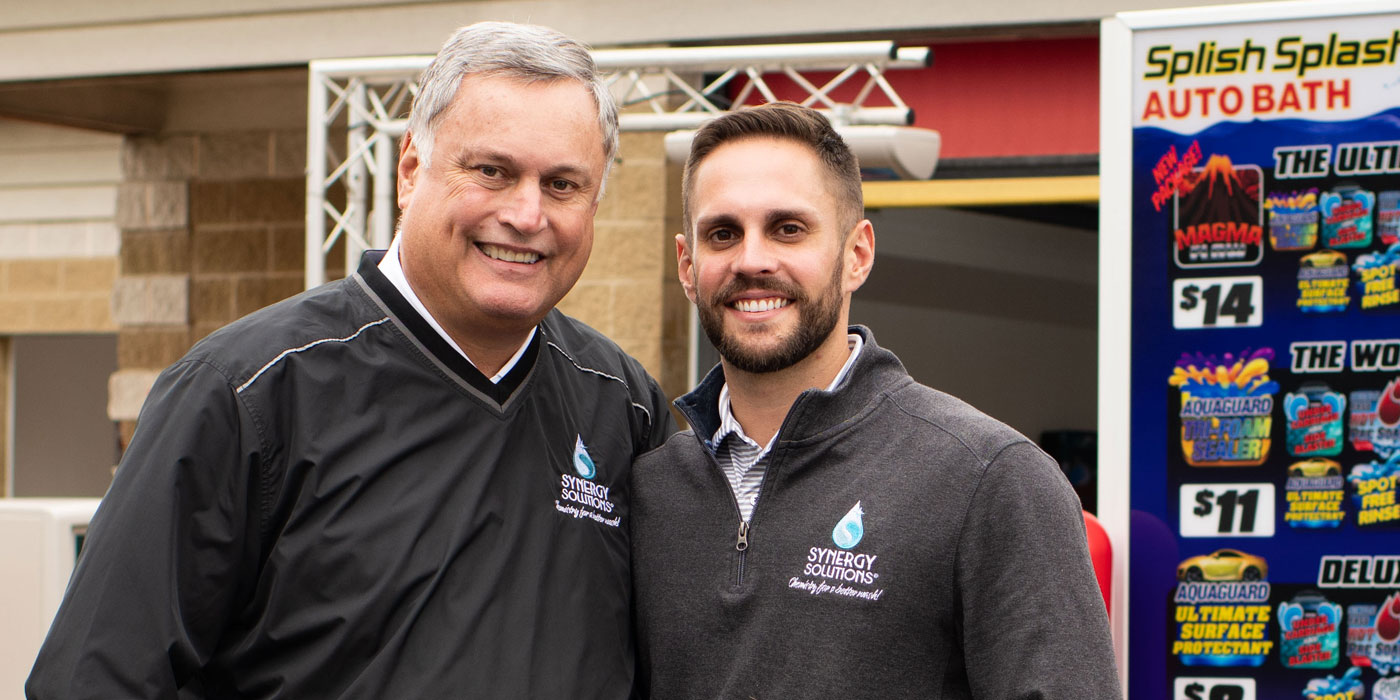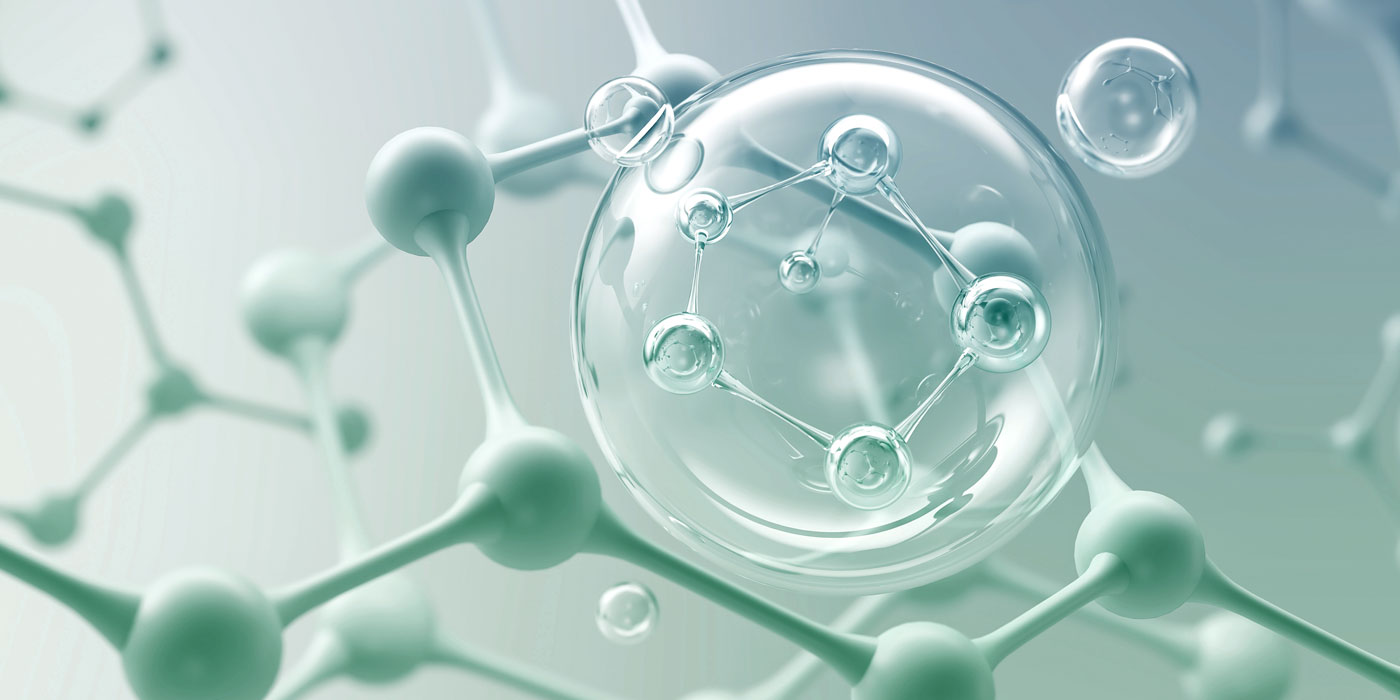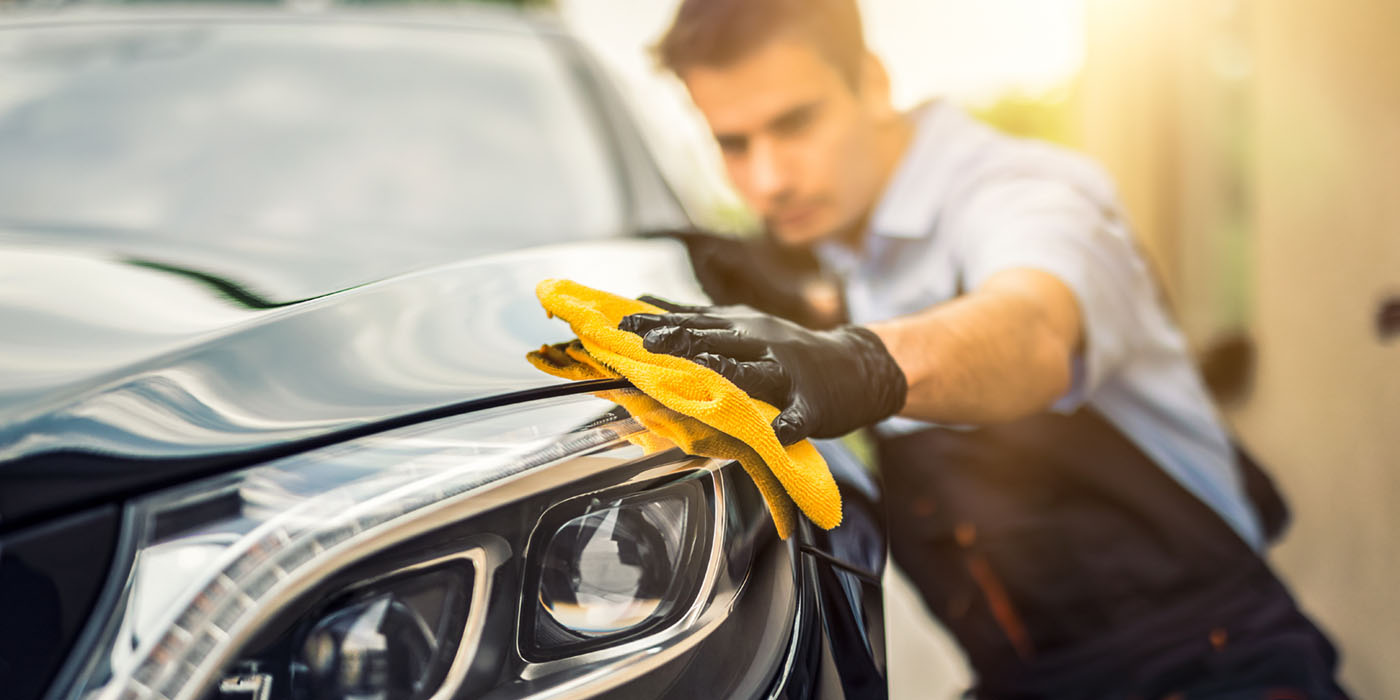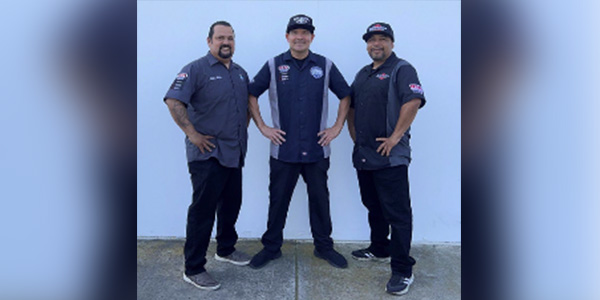While the types of water contaminants carwash owners and operators will encounter and the water treatment solutions they will employ vary from location to location, there is one constant that all carwashers must take as a first and critical step — testing the water quality. This is also an ongoing best practice all carwashes must follow in order to deliver a consistent, quality wash with optimal water quality. Whether you are looking to simply soften water or install a reclaim system with reverse osmosis (RO), knowing what’s in the water is the roadmap to pretreatment, treatment, maintenance and an overall improvement of your wash quality.
The good news is more owners and operators understand the importance of water quality and have incorporated water testing on a regular basis. Gary Hirsh, president of New Wave Industries Ltd., concurs. “Thirty years ago, I don’t think there was as much of a consideration as far as water quality goes as there is today. Operators today are much, much more knowledgeable and much more cognizant of the importance of water quality and how it relates to producing a quality product. Being an educated operator, understanding the importance of water quality and taking a best practice approach to water management are key tools for any carwash operator today.”
Let’s review some of the common contaminants and proper testing measures to take throughout the year to preserve your water quality.
Contaminants in review
Some initial contaminants and water conditions new carwash owners as well as owners and operators who are just now becoming mindful of water quality should focus on include:
- Hardness minerals, which include calcium, magnesium and sometimes iron and manganese
- Alkalinity
- Chlorine
- pH
- Total dissolved solids (TDS)
- Silica
- Potassium.
“Of course, hard water minerals can leave stains while silica in water can cause problems with etching or spots,” explains Marianne Metzger, director of business development for National Testing Laboratories. “Hardness minerals like calcium and magnesium are the main culprits [that cause water spots after carwashing], but other minerals like potassium and silica can also cause spotting problems.”
Water hardness is measured in grains per gallon (gpg). A measurement of 3.5 gpg or more is considered hard. An ideal pH measurement is 7 and TDS should come in under 10 parts per million (ppm).
Owners and operators interested in testing their water should consider several factors first. Understanding your local water municipality’s treatment processes is one example. Municipalities draw their water from various sources, and the contaminants prone to those sources should be known.
“In some cities, such as Portland, Oregon, the source water may change depending on demand such as during the summer months,” educates George Bailey, vice president of sales and marketing for Industrial Test Systems, Inc. “Most of the Portland water supply comes from the Bull Run Watershed (surface water) with 8 ppm total hardness but when demand is high they supplement the system with well water which has 80 ppm of total hardness.”
Therefore, it is important to start a partnership with your municipalities, understand these fluctuations in water quality and take advantage of the resources your municipality provides, including its website and annual drinking water quality report.
“The water source will determine which type of contaminants a carwash operator should focus on when testing water quality,” says Andrew Landa, director of research and development for Zep Vehicle Care. “When city water is applied, an operator should be mindful of hardness causing minerals like calcium and magnesium. When reverse osmosis (RO) water is used, it is important to watch the level of TDS and when applying reclaim water, operators should be mindful of hardness causing minerals, oils and TDS.”
See spots go
Water high in TDS can present numerous wash quality and performance issues, but it also contributes to water spots. “If water that is mineral laden, particularly high in TDS, is left untreated, once the water evaporates on the vehicle, you will definitely have a residual of calcium and magnesium, which are components of hard water, and the result will be a water spot,” adds Hirsh.
While water spots are a common issue with many factors contributing to their existence after carwashing, Landa again advises owners and operators to consider the source when looking to alleviate dreaded water spots.
“When city water is applied, hardness causing minerals and dissolved salts can cause water spots. When RO water is used, higher levels of dissolved solids can cause water spots and when applying reclaim water, hardness causing minerals, dissolved solids and detergent solids can cause water spots after the vehicle has been washed,” notes Landa.
Field testing versus lab testing
Today’s handheld analytical testing devices and test strips have advanced and more owners and operators, with the guidance of their local carwash distributors, are testing their water quality in-house. Water hardness, TDS, chlorine, which can damage RO membranes and hinder carwash chemical chemistry, and pH can all be tested in the field with ease. While lab testing may be able to achieve greater accuracy and provide comprehensive results, there are practical reasons to field test.
“There are some simple tests that can and should be performed in the field like pH. The pH of the water can fluctuate greatly over time depending on the makeup of the water, so this is a test that is most accurate when performed in the field,” says Metzger. “Additionally, there are simple tests like conductivity/TDS, which are easy to run and can indicate when there is a significant change in water quality. Hardness is another simple test that can be performed in the field and is a useful measurement when you have spotting problems or are considering water treatment.”
Landa breaks down how to test for these common carwash water contaminants and conditions:
- Water hardness should be tested using a hardness kit since increased hardness reduces detergent cleaning efficiency.
- Dissolved solids should be tested with a TDS meter since increased levels of dissolved solids can produce post-wash spotting, streaking, staining or drying issues.
- Test pH with a pH strip since pH variations signal a possible change in water quality which requires further investigation.
“Routine water quality monitoring and testing can be performed by wash operators,” continues Landa, adding that it is critically important to properly calibrate any measuring device prior to each use. “When water quality issues are present that cause heavy spotting, streaking or staining, resulting in a poor wash performance, it is recommended that the operator consult with water quality experts.”
Because water quality can change as a result of several factors, Hirsh recommends testing for pH, chlorine, iron, hardness and TDS in the field as a part of owners’ and operators’ monthly preventative maintenance programs.
“However, there are some contaminants that the typical [field] test equipment will not identify, such as orthophosphate, which can ‘blind’ the pores of an RO membrane,” asserts Hirsh. “If the operator experiences a significant change in wash quality and/or if he or she notices premature degradation of the inline water treatment, I would definitely recommend sampling and sending to a local lab.”
Certified laboratories are best suited to perform and understand water tests since they are required to have quality control and assurance measures in place that ensure results are most accurate, reminds Metzger. “For those considering water treatment [for the first time], using a professional laboratory would be recommended,” she adds.
Testing water is an important first step and ongoing practice carwash owners and operators must add into their business routines. Without taking these considerations into account, curing your problem water can prove to be tricky. Partner with your local water municipality, speak with local businesses, including water treatment dealerships, and closely monitor your water quality in order to provide the best carwash possible.

